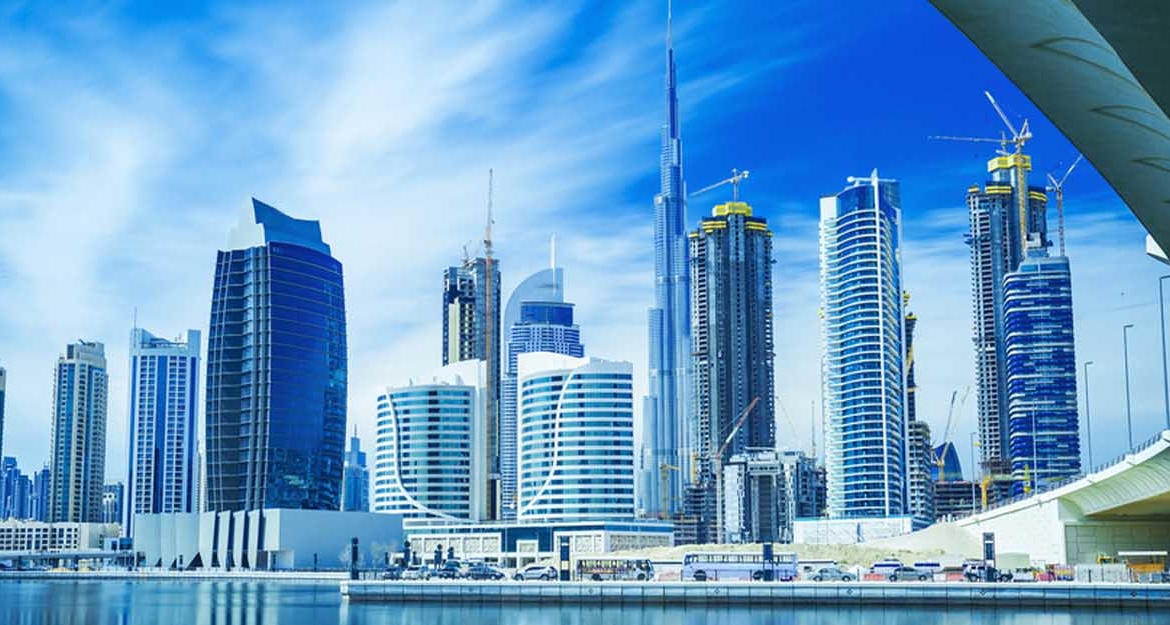Closing a deal on a property in Dubai is undoubtedly one of the most significant investment decisions you will ever make. In fact, many people would love to have this opportunity to add a high-quality asset to their portfolio.
However, there are a few things you should know before embarking on such a venture. As a real estate portal in Dubai, we believe it is our responsibility to inform you of the major do’s and don’ts in this market.
1. Location in Dubai

Dubai is a member of the Gulf Cooperation Council (GCC). The late Sheikh Zayed bin Sultan Al Nahyan established the UAE on December 2, 1972. His highness Sheikh Mohammed bin Rashid Al Maktoum is the vice president, minister of defence, and prime minister of the UAE. Following in his brother’s footsteps, Maktoum bin Rashid Al Maktoum continues on the path of transforming Dubai into one of the world’s most prominent business centres and a top investment destination.
2. The emirate’s authority

His Majesty In 2006, Sheikh Mohammed bin Rashid Al Maktoum took over as ruler of Dubai. He presides over the government of Dubai, which is the emirate’s main executive authority in charge of running the city. The Dubai government is made up of 30 different departments that oversee the city’s most important aspects, such as safety and security, roads, health, education, courts, finance, and the land department, which is primarily concerned with the real estate market.
3. What exactly is the Dubai Land Department?

The Dubai Land Department (DLD) is the executive entity in charge of regulating and monitoring real estate market activity within the boundaries of the emirate. The main role of the department, according to law no. 7 issued by His Highness the Ruler of Dubai in 2013, is the registration, organisation, and promotion of real estate investment in Dubai. It accomplishes this by implementing international standards in this critical sector in order to create a positive and appealing investment environment for real estate sectors from all over the world.
4. Demographic composition

Dubai is known for being a melting pot of different nationalities from all over the world. As a world-class business centre, the emirate attracts professional executives to work in its sophisticated facilities and business centres, as well as to join the world’s famous companies that have opened locations in the city. The population is 2.7 million people, with approximately 88% of them being expats. Asian ethnicities account for approximately 71% of the total population of the emirate, including Indians, South Asians, Pakistanis, and many others of various origins.
5. Freehold lands

The Dubai government made it possible for foreigners to buy properties within its borders in 2000, but only in certain areas known as freehold areas. Um Hurair, Al Barsha, Emirates Hills, Jebel Ali, Al Gouz, Ras Al Khour, Nad Al Shiba, and other Dubai freehold property areas can be found.
6. Leasehold properties

In some areas of Dubai, full ownership is not permitted. There are some other areas where properties are only available on lease for terms ranging from 10 to 99 years. There are numerous leasehold areas in Dubai, including Deera, Discovery Garden, Jumeirah, and others. As a result, as a buyer, you must first determine whether your future property is freehold or leasehold.
7. The reason for the investment

Before you begin your property search in Dubai, you must first define the purpose or reason for purchasing. If you are looking for an investment, you should consult with your agent because certain areas are thought to be ideal for property investment. They have a high rental value, a high capital growth rate per year, and are surrounded by numerous amenities and commercial centres. However, if you are looking for a place to live and settle in Dubai. Then you should look for convenient areas that meet your and your family’s needs. You should first look into the locations of the best schools, hospitals, recreational centres, and other amenities.
8. Dubai Real Estate Finance

Another thing you should be aware of before purchasing a property in Dubai is the emirate’s real estate finance system. Financing services for property buyers are available, but only through banks and companies authorised by the Central Bank of the United Arab Emirates. The majority of home loans in Dubai are offered at interest rates ranging from 3 to 4%. To obtain a mortgage, the creditor must first determine the investor’s eligibility and financial ability to repay the debt. This is determined by a variety of factors such as the minimum salary, the minimum length of service, the company for which the buyer works, and many others.
9. Investigate the area and the developer.

Investors should also be cautious about the property’s location. There are some things you should look into, such as the crime rate and security. In general, Dubai is a safe haven in the Middle East, with a rapid police and security system that employs extremely advanced techniques to maintain order. Examine the developer’s track record as well. Today, many investors prefer to work with top real estate brands in Dubai such as Damac, Emaar, and others because they provide the highest level of credibility and professionalism in their work.



